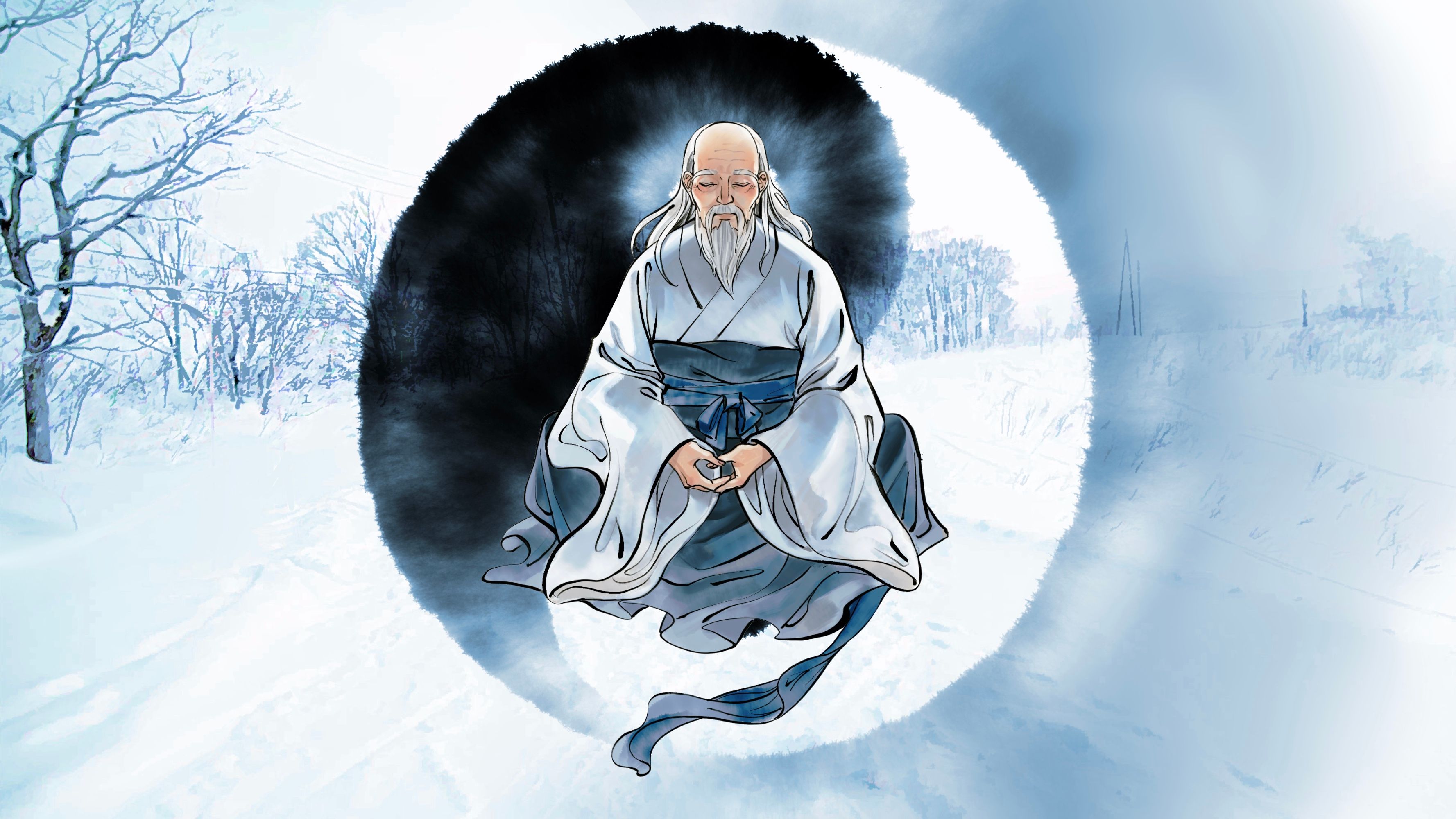Taoist Philosophy
by Admin
Posted on 10-08-2025 05:47 PM

History of Taoist Philosophy
Taoist philosophy has a rich and complex history that spans over 2,000 years. The earliest known Taoist text is the Tao Te Ching, which is attributed to the legendary Chinese sage Lao Tzu. The Tao Te Ching is a collection of poems and aphorisms that describe the nature of the Tao and provide guidance on how to live in harmony with it. Over time, Taoist philosophy evolved and branched out into various schools and traditions, each with its own unique interpretation of the Tao. One of the most influential Taoist philosophers was Chuang Tzu, who wrote a series of essays and stories that explored the nature of reality and the human condition.
Key Concepts of Taoist Philosophy
Taoist philosophy is based on several key concepts, including the Tao, yin and yang, and the concept of wu wei. The Tao is the ultimate reality and the source of all things, and it is considered to be the fundamental principle that governs the behavior of the universe. Yin and yang refer to the harmonious interplay of opposites, such as light and dark, male and female, and hot and cold. Wu wei refers to the concept of effortless action, or the ability to achieve a state of perfect harmony with the Tao without forcing or striving.
The Concept of Yin and Yang
The concept of yin and yang is central to Taoist philosophy, and it refers to the harmonious interplay of opposites. Yin and yang are not mutually exclusive, but rather they are interconnected and interdependent. Yin is associated with the feminine, receptive, and passive principles, while yang is associated with the masculine, creative, and active principles. The balance of yin and yang is essential for maintaining harmony and balance in the universe, and it is reflected in the natural world through the cycles of nature, such as the cycles of day and night, and the seasons.
The Concept of Wu Wei
The concept of wu wei is another key concept in Taoist philosophy, and it refers to the ability to achieve a state of perfect harmony with the Tao without forcing or striving. Wu wei is often translated as "non-action" or "effortless action," and it involves aligning oneself with the natural order of the universe and allowing things to unfold naturally. Wu wei is not a state of passivity or inactivity, but rather it is a state of being that is fully engaged and fully present in the moment.
Taoist Practices and Disciplines
Taoist philosophy is not just a theoretical framework, but it is also a practical guide for living. Taoist practices and disciplines include meditation, qigong, and internal alchemy, which are designed to cultivate a state of balance and harmony within the individual. Meditation is used to calm the mind and focus the attention, while qigong is used to cultivate and balance the life energy, or qi. Internal alchemy is a more advanced practice that involves the transformation of the individual's energy and consciousness through the use of meditation, visualization, and physical postures.
Meditation and Qigong
Meditation and qigong are two of the most important practices in Taoist philosophy, and they are used to cultivate a state of balance and harmony within the individual. Meditation involves focusing the attention and calming the mind, while qigong involves cultivating and balancing the life energy, or qi. Qigong exercises typically involve slow and flowing movements, deep breathing, and mental focus, and they are designed to cultivate and balance the qi in the body.
Internal Alchemy
Internal alchemy is a more advanced practice in Taoist philosophy, and it involves the transformation of the individual's energy and consciousness through the use of meditation, visualization, and physical postures. Internal alchemy is based on the idea that the individual's energy and consciousness can be transformed and refined through the use of specific practices and techniques, and it is designed to cultivate a state of spiritual awakening and enlightenment.
Taoist Ethics and Morality
Taoist philosophy has a unique perspective on ethics and morality, and it emphasizes living in harmony with the natural world and cultivating a sense of compassion and empathy for all living things. Taoist ethics are based on the concept of wu wei, or effortless action, and they involve aligning oneself with the natural order of the universe and allowing things to unfold naturally. Taoist morality is not based on a set of rigid rules or commandments, but rather it is based on a sense of inner balance and harmony.
Taoist Cosmology
Taoist cosmology is based on the idea that the universe is a vast, interconnected web of energy and consciousness, and it emphasizes the importance of living in harmony with the natural world, which is a fundamental aspect of Taoist Philosophy. Taoist cosmology involves the concept of the five elements, which are wood, fire, earth, metal, and water, and it involves the concept of the six directions, which are north, south, east, west, up, and down. Taoist cosmology is not just a theoretical framework, but it is also a practical guide for living, and it involves cultivating a sense of awareness and appreciation for the natural world.
Conclusion
Taoist philosophy is a rich and complex tradition that offers a unique perspective on the nature of reality, the balance of opposites, and the cultivation of a simple and effortless way of life. Taoist philosophy emphasizes living in harmony with the natural world and cultivating a sense of compassion and empathy for all living things. Through its emphasis on meditation, qigong, and internal alchemy, Taoist philosophy provides a practical guide for living and offers a path to spiritual awakening and enlightenment.
FAQs
What is the Tao?
The Tao is the ultimate reality and the source of all things, and it is considered to be the fundamental principle that governs the behavior of the universe.
What is the concept of yin and yang?
The concept of yin and yang refers to the harmonious interplay of opposites, such as light and dark, male and female, and hot and cold.
What is wu wei?
Wu wei refers to the concept of effortless action, or the ability to achieve a state of perfect harmony with the Tao without forcing or striving.
What is the purpose of Taoist meditation and qigong?
The purpose of Taoist meditation and qigong is to cultivate a state of balance and harmony within the individual, and to align oneself with the natural order of the universe.
How does Taoist philosophy view ethics and morality?
Taoist philosophy emphasizes living in harmony with the natural world and cultivating a sense of compassion and empathy for all living things, and it involves aligning oneself with the natural order of the universe and allowing things to unfold naturally.
What is the significance of internal alchemy in Taoist philosophy?
Internal alchemy is a more advanced practice in Taoist philosophy that involves the transformation of the individual's energy and consciousness through the use of meditation, visualization, and physical postures, and it is designed to cultivate a state of spiritual awakening and enlightenment.
